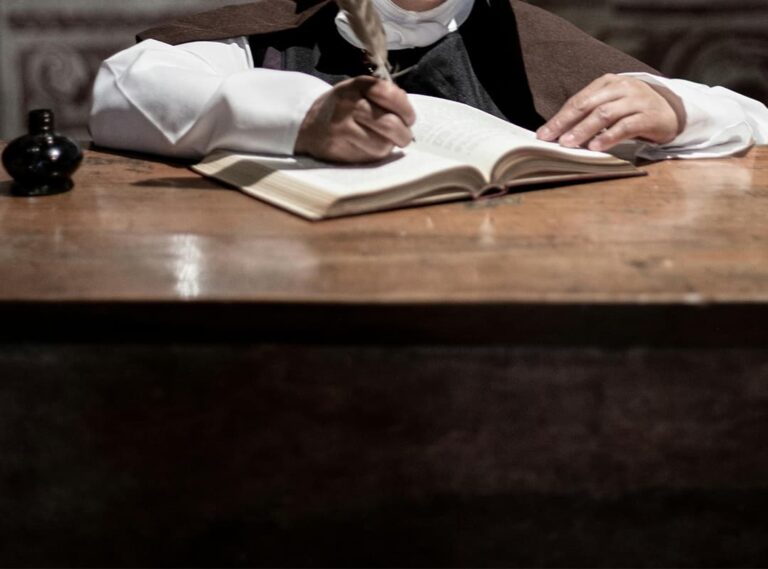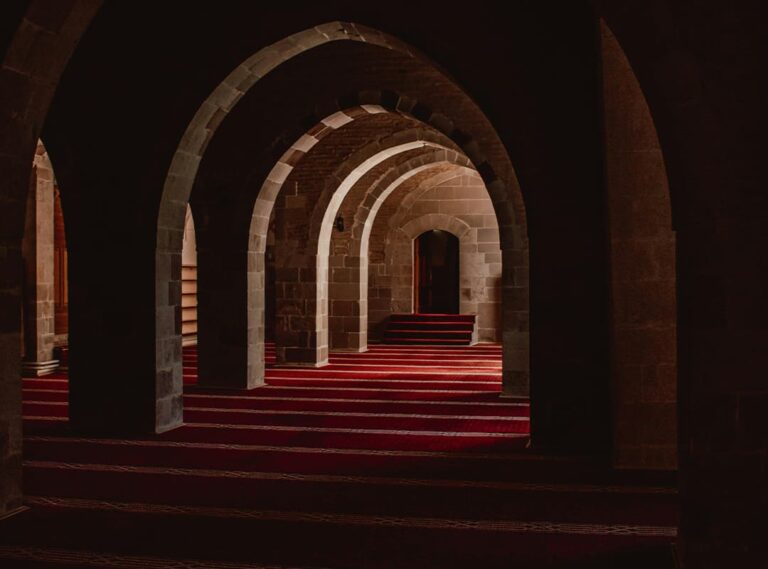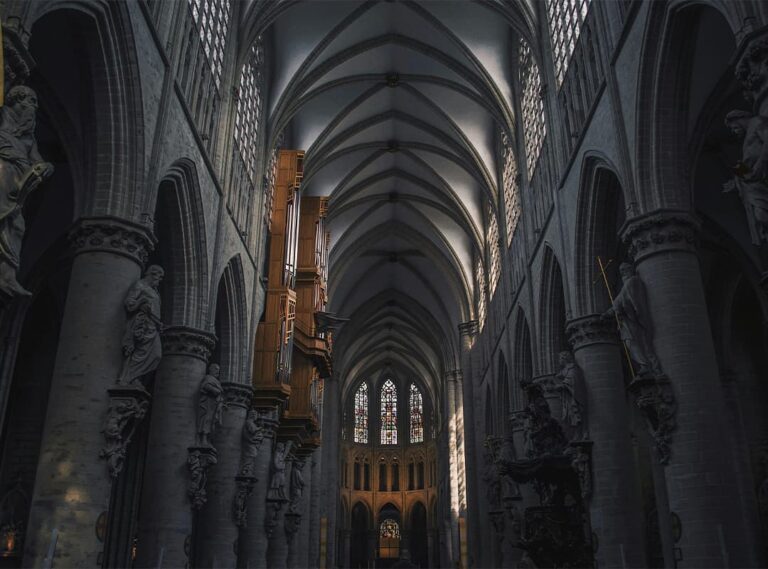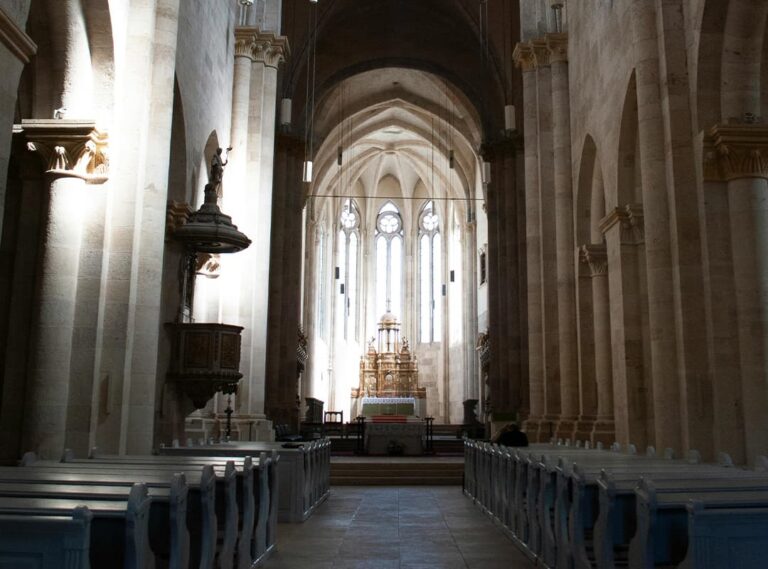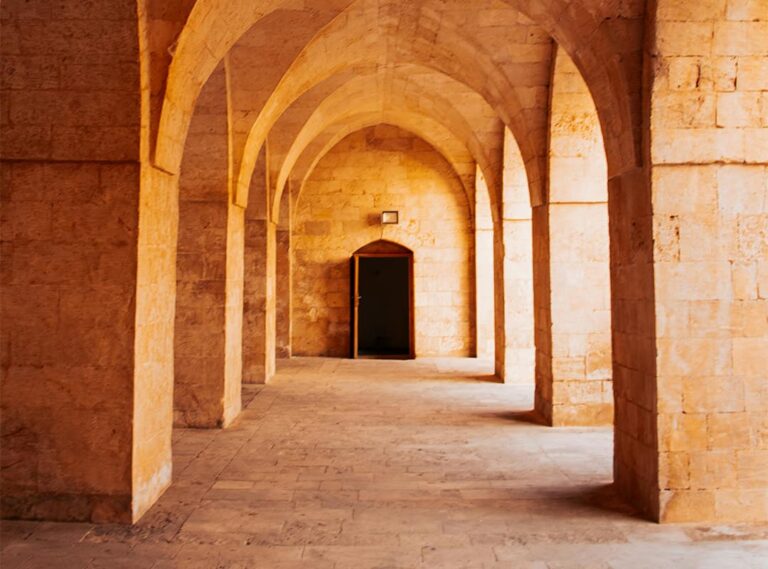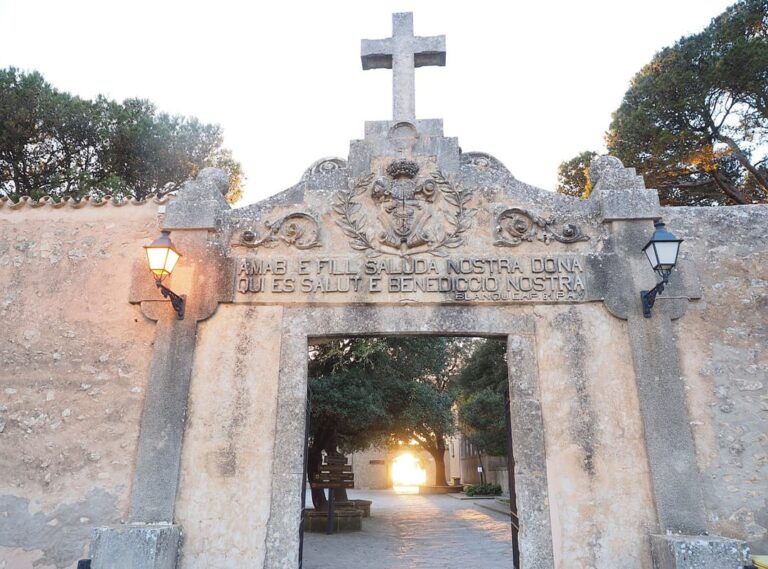The Franciscan Order, founded by Saint Francis of Assisi in the early 13th century, is renowned for its distinctive approach to spiritual life, characterized by simplicity, humility, and a deep commitment to contemplation and service. The daily rituals and contemplative practices of Franciscans are integral to their spiritual journey, guiding them in their quest for a closer relationship with God and a more profound understanding of their vocation. This article delves into the daily rituals and contemplative life of Franciscans, exploring how these practices shape their spiritual and communal existence. The concept of grotto’s—sacred, serene spaces often associated with contemplation and prayer—serves as a symbol of the deep spiritual grounding that these practices provide.
Daily Rituals in Franciscan Life
- Morning Prayer and Liturgy
The day for a Franciscan typically begins with morning prayer, often including the Divine Office or Liturgy of the Hours. This practice involves communal and personal prayers that mark the beginning of the day with a focus on God and spiritual reflection. These prayers are an integral part of the Franciscan commitment to maintaining a constant connection with the divine throughout the day. - Community Meals
Meals are shared communally in Franciscan monasteries, reflecting the Order’s emphasis on community and simplicity. The shared meal is a time for fellowship and gratitude, emphasizing the value of unity and mutual support. This ritual reinforces the sense of communal living and the practice of humility, as Franciscans gather to share not just food but also their lives with one another. - Work and Service
Work is considered a form of prayer in Franciscan life. Franciscans engage in various forms of labor, whether it be manual work, administrative tasks, or ministry activities. This integration of work and prayer reflects the Order’s belief that serving others and contributing to the community is an essential aspect of spiritual practice. - Evening Reflection and Compline
The day concludes with evening prayers, including Compline, which is a time for reflection and examination of conscience. This practice allows Franciscans to review their day, seek forgiveness, and prepare for rest with a spirit of peace and reconciliation. Evening reflection reinforces the values of repentance and gratitude, completing the cycle of daily spiritual engagement.
Contemplative Practices
- Meditation and Silence
Contemplative practices are central to Franciscan spirituality. Meditation and silence provide Franciscans with opportunities for deep reflection and connection with God. These practices help to cultivate inner peace and spiritual insight, allowing individuals to listen to God’s voice and understand their place within the divine plan. - Scriptural Reading and Study
Reading and studying Scripture are integral to Franciscan contemplation. Through the study of sacred texts, Franciscans seek to deepen their understanding of God’s word and apply it to their daily lives. This engagement with Scripture is not merely academic but a form of spiritual nourishment that informs their actions and prayers. - Retreats and Spiritual Direction
Periodic retreats and spiritual direction are essential components of the Franciscan contemplative life. Retreats offer Franciscans a dedicated time away from their usual routines to focus on prayer and reflection. Spiritual direction provides ongoing guidance and support, helping individuals to navigate their spiritual journey and grow in their faith.
The Symbolism of Grotto’s
Grotto’s, often serene and secluded spaces, symbolize the contemplative aspect of Franciscan spirituality. Historically, grottos have been used as places of prayer and meditation, providing a tranquil environment conducive to deep spiritual reflection. These sacred spaces offer a physical representation of the inner sanctum of peace and solitude that Franciscans seek in their spiritual practice.
In the Franciscan tradition, the concept of a grotto embodies the idea of retreating from the busyness of daily life to find a space where one can encounter God more intimately. Whether in the form of a physical grotto or a metaphorical one, these spaces underscore the importance of creating an environment where contemplation and prayer can flourish.
The daily rituals and contemplative practices of the Franciscan Order are central to their spiritual life, reflecting a profound commitment to humility, prayer, and service. From morning prayers and communal meals to meditation and Scripture study, Franciscans engage in practices that nurture their relationship with God and strengthen their communal bonds. The concept of grotto’s, with their serene and sacred connotations, serves as a symbol of the deep spiritual reflection that characterizes Franciscan life. These rituals and practices not only shape the daily experience of Franciscans but also embody the enduring values of their spiritual tradition.

